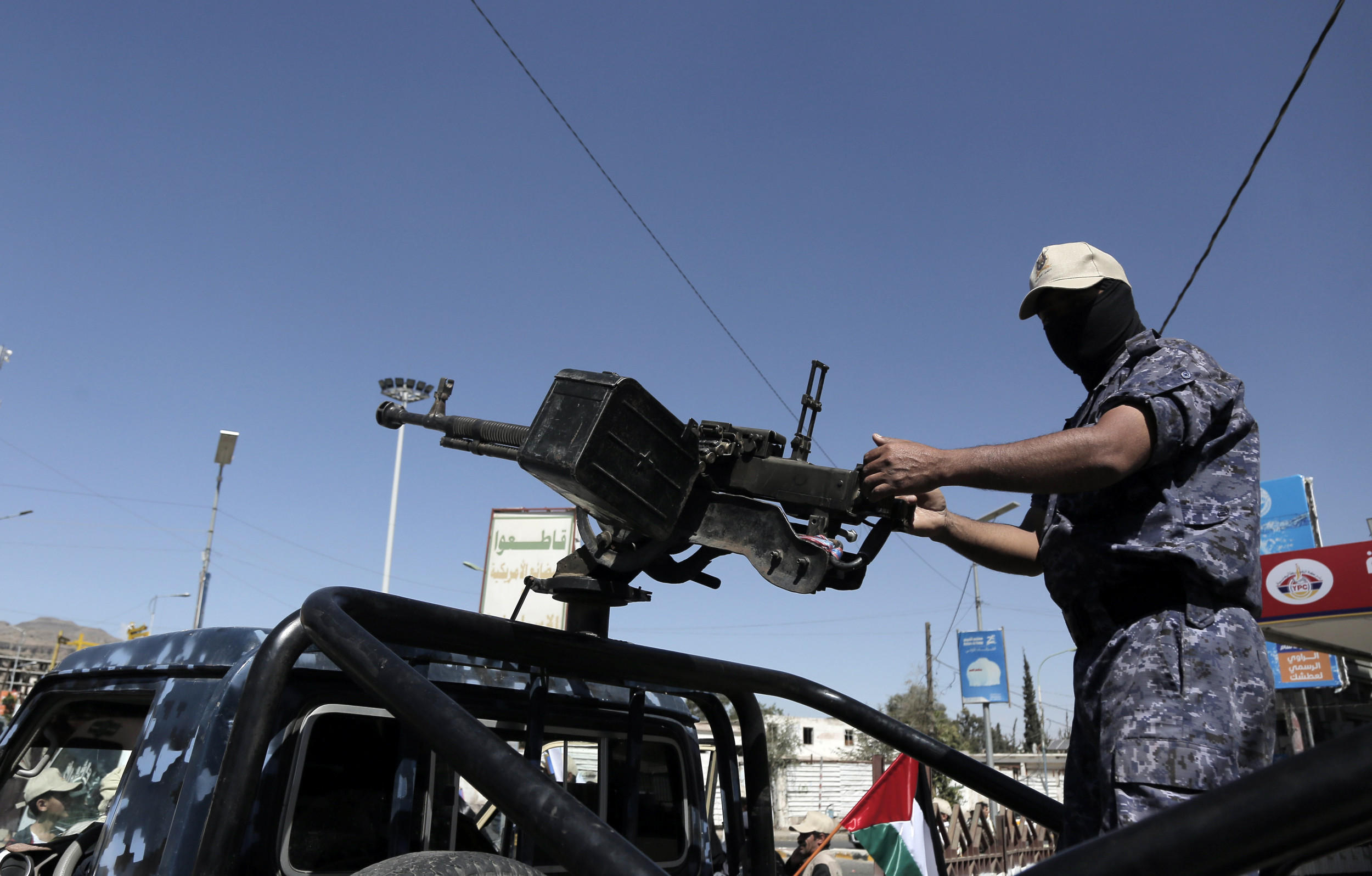Yemen: Al-Qaida Branch Announces Death of Leader

The Facts
Al-Qaida in the Arabian Peninsula (AQAP) released a video announcing the death of its leader Khalid Batarfi on Monday. The terrorist group has claimed responsibility for attacks in France and the US in 2015 and 2019, which killed 17 people and three people, respectively.
Commenting on Batarfi's death, Ibrahim Al-Qosi, a senior Sudanese AQAP leader, did not explain how he died, only expressing his "heartfelt condolences and sincere regret" over his death. He added that Saad bin Atef al-Awlaki had been appointed as Batarfi's successor.
The Spin
Pro-establishment narrative
Although AQAP continues to pose a serious threat, its ability to carry out attacks outside of Yemen has diminished due to effective US countermeasures. Like Batarfi, his successor is also calling for attacks against the US, and the terrorists might exploit the destabilization of Yemen and the region — fueled by the attacks of the Houthis on the Red Sea — to recruit and rebuild. Only if the US continues to take decisive action can it prevent AQAP from restoring its relevance within the jihadist movement.
Establishment-critical narrative
The death of Batarfi has brought al-Qaida back into the headlines and needs to be placed in a broader context. The fact that AQAP was able to become the most powerful al-Qaida branch in the first place is primarily due to the US-backed war of the Saudi-led coalition against the Houthis. The resulting destabilization of Yemen provided the ideal breeding ground for the spread of the Sunni terrorists and declared enemies of the Houthis. That the US is now bombing Yemen is likely to backfire again and bolster both the Houthis and AQAP.






